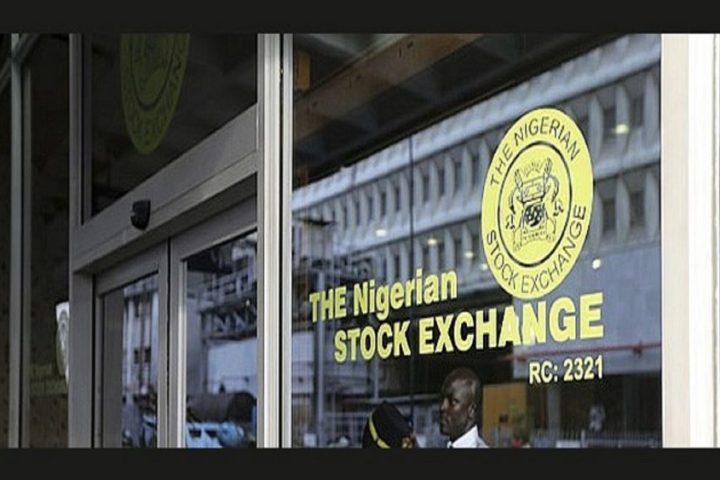Fitch Ratings has predicted a difficult operating environment for Nigerian banks in 2025, citing multiple domestic and global challenges. This projection was highlighted in its African Banks Outlook 2025 report, which outlines key risks and potential impacts on the banking sector.
The report emphasized that while Nigerian banks have shown resilience, they remain vulnerable to economic pressures such as interest rate fluctuations, foreign exchange instability, and global commodity price shocks. According to Fitch Ratings, “Asset quality risks will remain prominent, with households and businesses being hit by high inflation and interest rates.”
Join our WhatsApp ChannelSovereign Debt Distress Remains a Key Threat
Fitch Ratings identified sovereign debt distress as a major risk to the stability of Nigerian banks. The agency noted that several African countries, including Nigeria, face high debt-servicing burdens, which could have a spillover effect on banks’ financial health.
“The average sovereign rating for African countries in which Fitch rates banks is ‘B,’ and contagion risks to banks are significant,” the report stated. Nigerian banks are exposed to this risk since a significant portion of their assets is linked to government securities. Lower yields on these securities could erode banks’ profitability.
Lower Interest Rates to Impact Bank Profitability
According to Fitch Ratings, Nigerian banks will likely face reduced interest rates, which could affect yields on government securities. The report noted that while lower rates might stimulate credit demand, they could also reduce overall profitability for banks.
“The performance will remain solid, but we expect it will drop slightly in those countries where lower interest rates will translate into lower yields on government securities,” Fitch Ratings explained.
This shift poses a challenge to Nigerian banks, especially since government securities are a key component of their earnings. Reduced returns could impact their liquidity and capital base, which are crucial for maintaining stability in a turbulent market environment.
FX Policy and Market Transparency Under Scrutiny
Fitch Ratings also pointed out concerns with Nigeria’s foreign exchange (FX) policy, particularly the transparency of the system. The government’s efforts to unify the FX market through the introduction of an electronic matching platform for forex transactions were acknowledged. However, Fitch noted that challenges remain.
“A divergence between the official and parallel market rates has re-emerged in recent months, pointing to slower-than-expected progress on reforms and lingering FX strains,” the report said.
This divergence in exchange rates creates uncertainty for Nigerian banks, especially those exposed to foreign currency loans and deposits. Such inconsistencies could lead to valuation losses and affect the ability of businesses to repay loans.
Impact of Economic Reforms and Policy Shifts
Fitch Ratings acknowledged President Bola Tinubu’s economic reforms but warned that ad hoc or poorly communicated policies could dampen investor confidence. The Medium-Term Expenditure Framework (MTEF) for 2025-2027 outlines plans to reduce Nigeria’s budget deficit. However, Fitch remains skeptical about the assumptions used for oil prices and production levels.
The agency highlighted the government’s plan to increase Value Added Tax (VAT) from 7.5% to 10% in 2025 as part of a strategy to boost non-oil revenues. While this move could improve revenue generation, Fitch cautioned that it might face political resistance.
“The authorities have increased efforts to raise non-oil revenues even as oil-related revenues appear likely to fall short,” the report noted. Fitch stressed that raising fiscal revenues, especially non-oil revenues, is a crucial element of the government’s reform agenda.
Possible Outcomes for Nigerian Banks in 2025
Fitch Ratings predicts that Nigerian banks’ financial performance will remain “solid” but could experience a slight decline in profitability. Banks are expected to rely on strong pre-impairment profits, driven by trading gains, non-interest income, and solid operating efficiency. However, the risks tied to sovereign debt, foreign exchange volatility, and government policy implementation could create significant hurdles.
The report concludes that if Nigeria’s government fails to meet its deficit targets, it could trigger further devaluation of the naira, increased inflation, and higher interest rates. Such developments would create additional pressure on banks’ asset quality and profitability.
Emmanuel Ochayi is a journalist. He is a graduate of the University of Lagos, School of first choice and the nations pride. Emmanuel is keen on exploring writing angles in different areas, including Business, climate change, politics, Education, and others.



















Follow Us